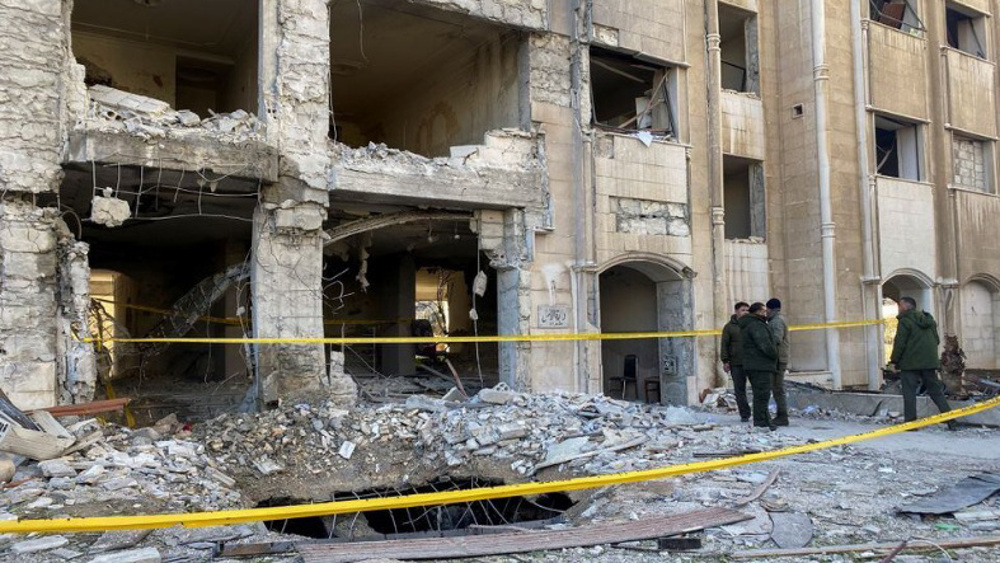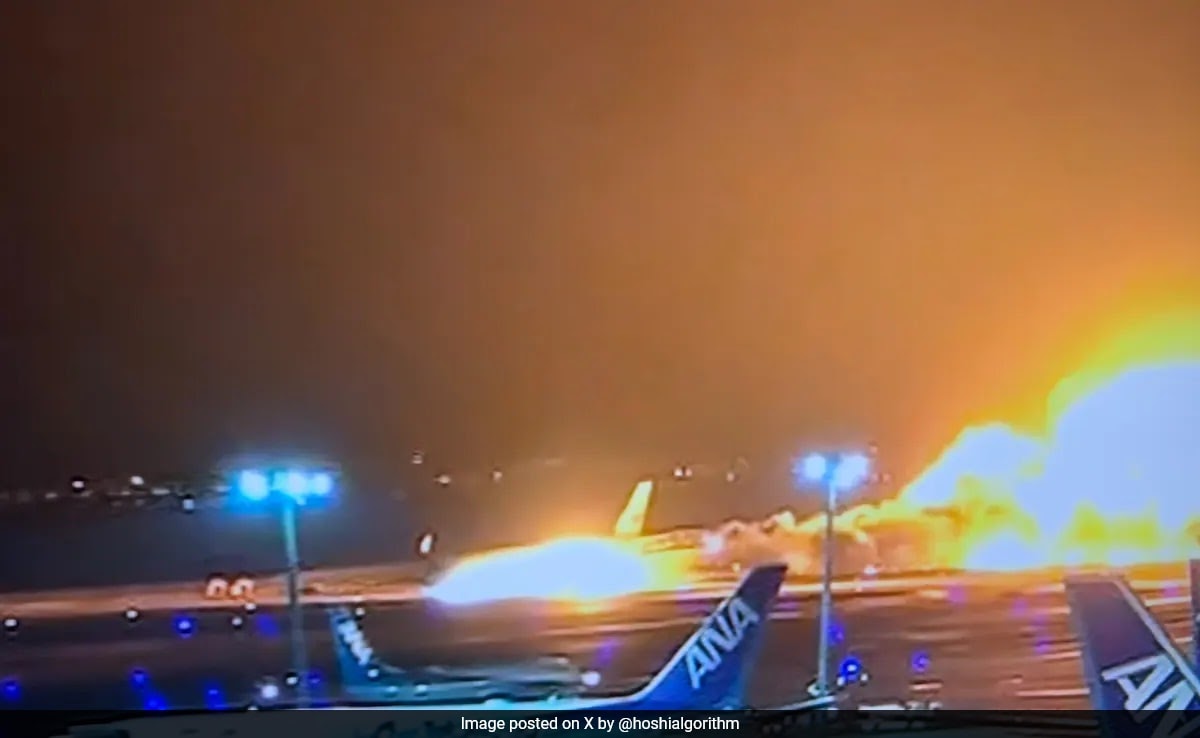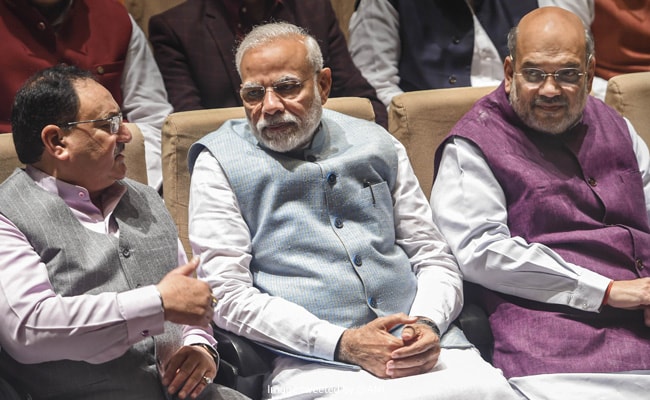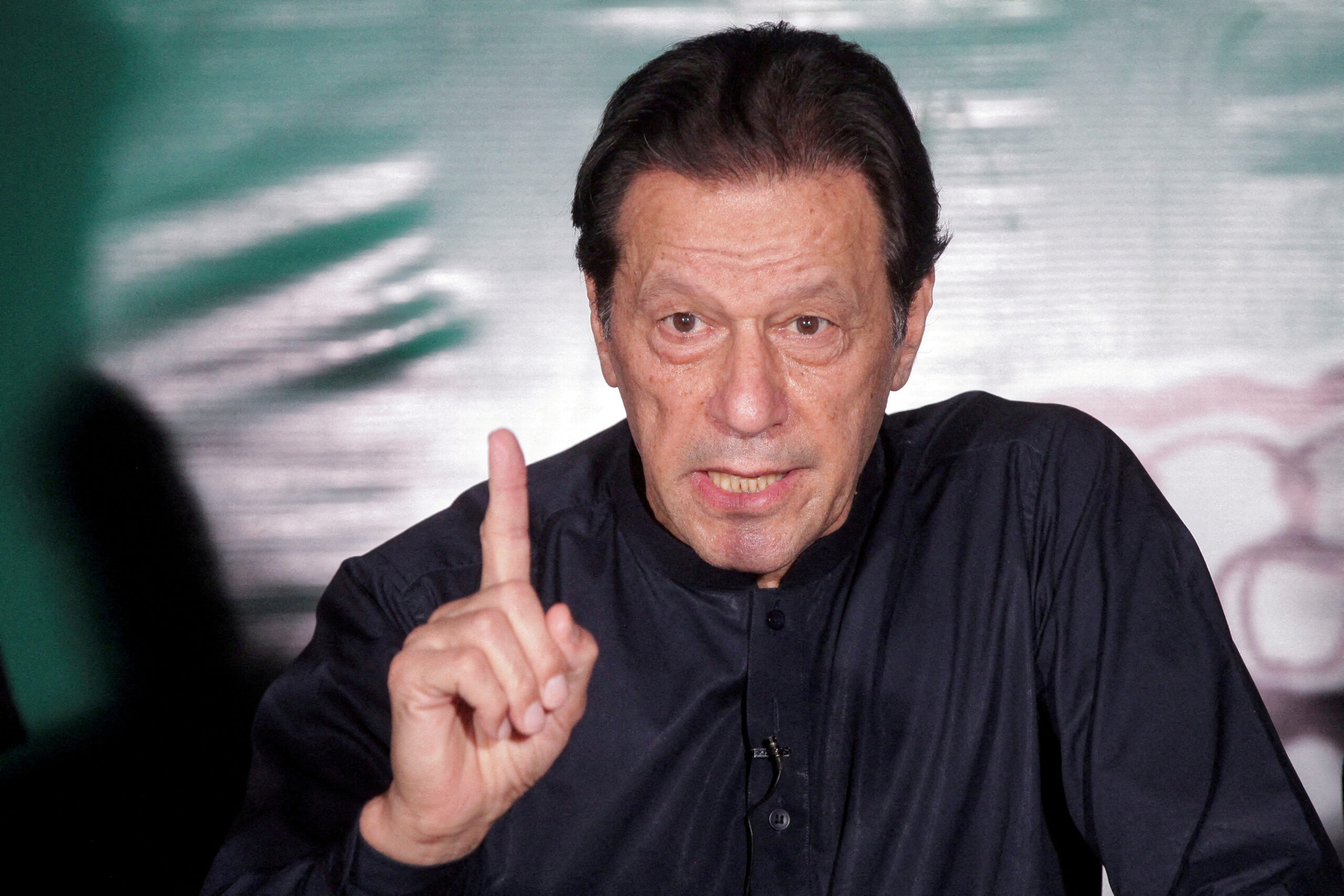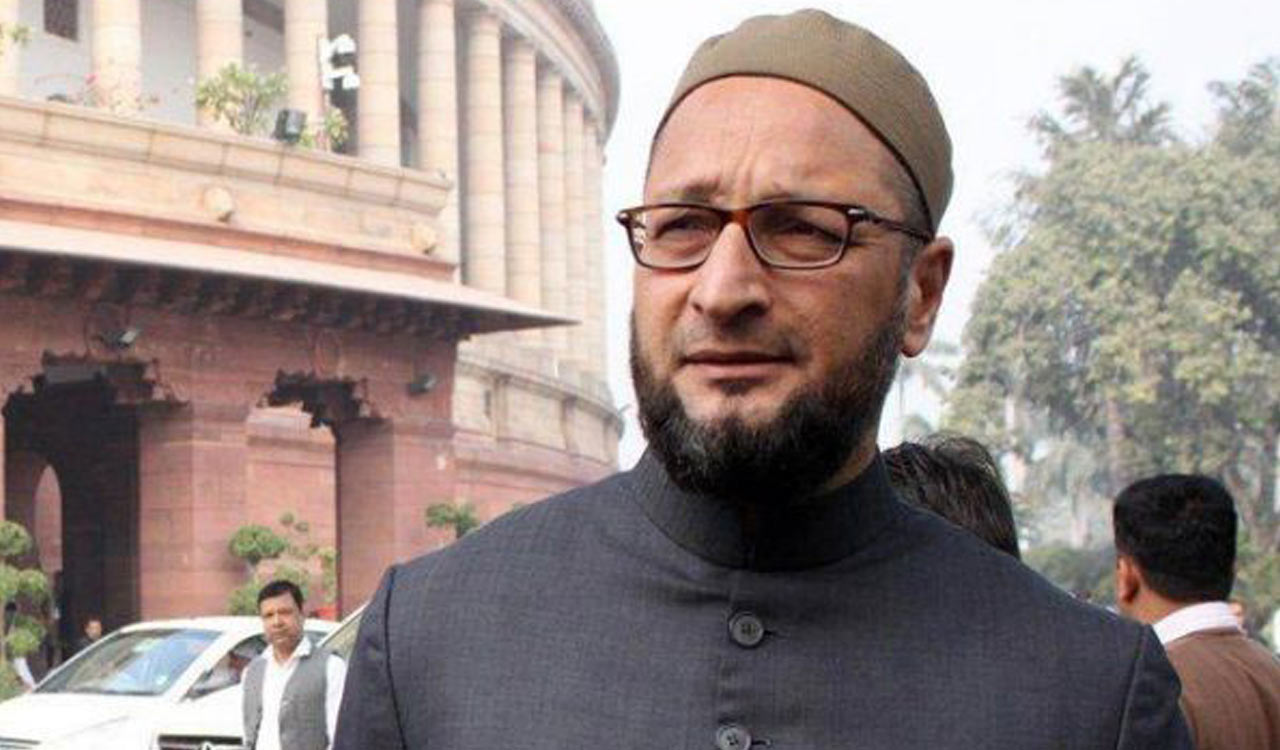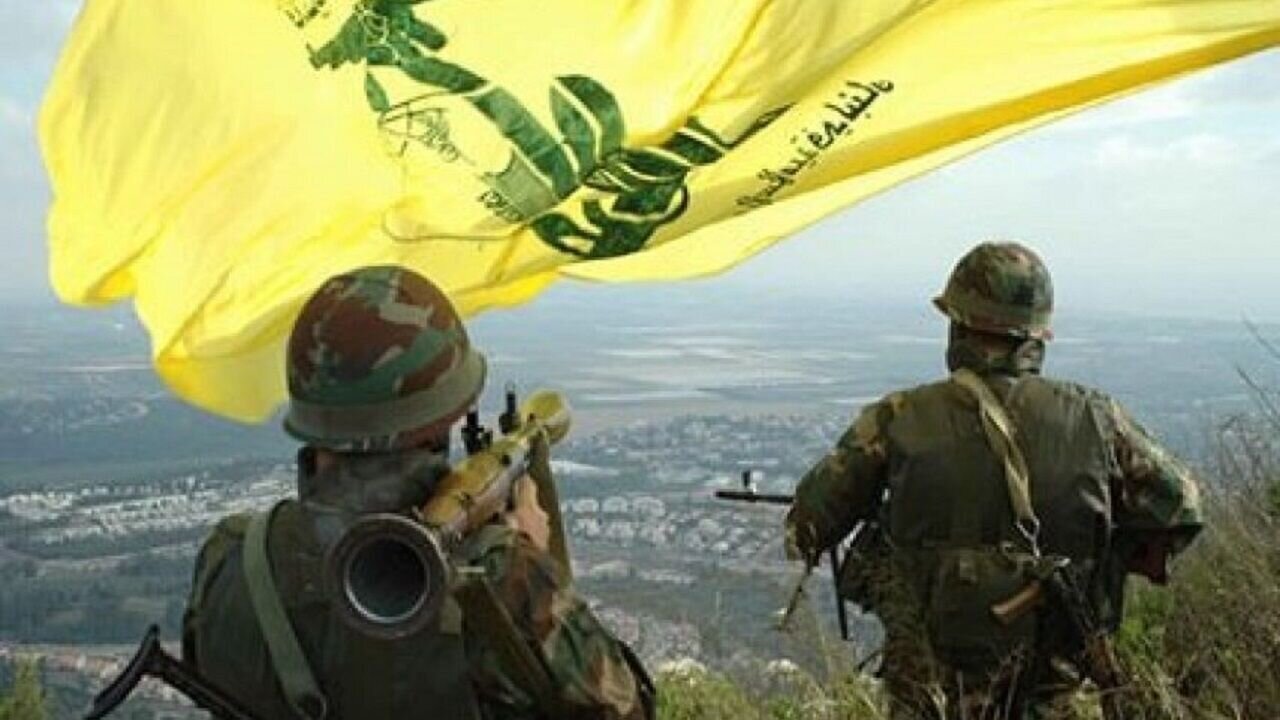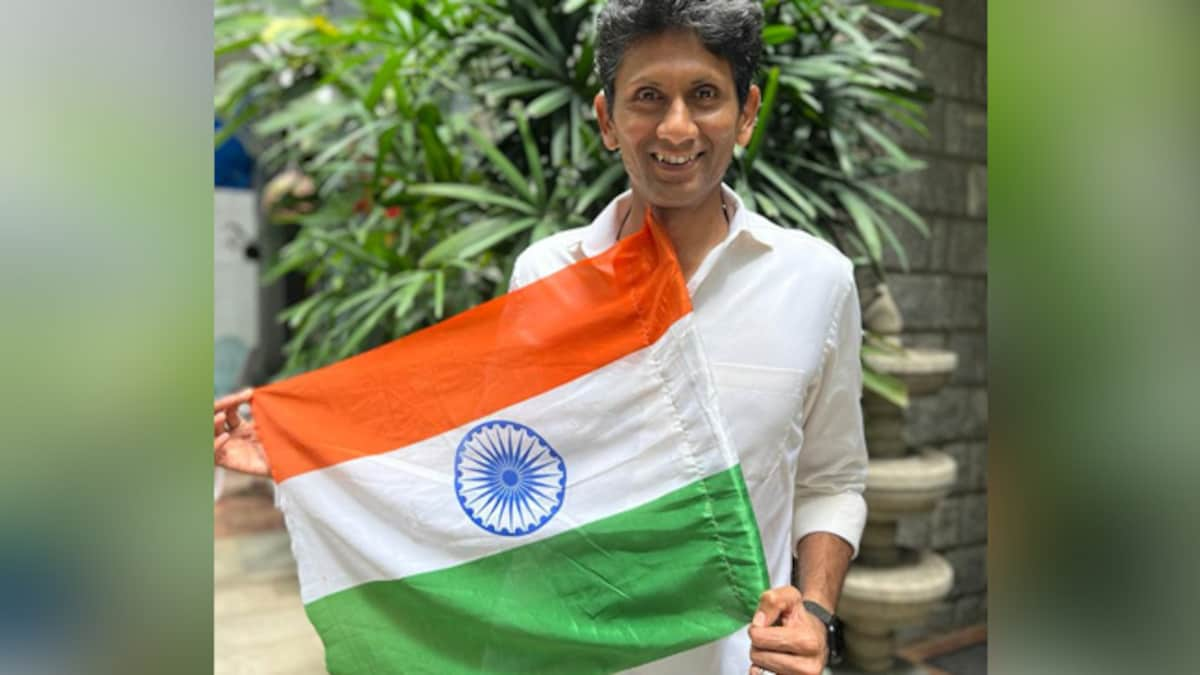Wave goodbye to dryness as you embark on a journey of intense hydration, ensuring your skin is well-prepared to face the challenges of the upcoming year.
Published Date – 02:01 PM, Tue – 2 January 24
New Delhi: This New Year, unlock the secrets to dewy, hydrated skin. Wave goodbye to dryness as you embark on a journey of intense hydration, ensuring your skin is well-prepared to face the challenges of the upcoming year. Almost everyone experiences dry skin when the weather cools off. Dry skin caused by dehydration is a common concern, particularly in the winter when the air is typically drier.
“The most common difference is that dehydrated skin has symptoms like dull or withered skin, itching, and a burning feeling in the eyes, whereas dry skin experiences symptoms like itching, dryness, a white coating, and pain. Skin dryness manifests as dark circles, sensitivity to light, redness, edoema, scaly skin, fine lines, and wrinkles,” says Dr. Jatin Mittal, Cosmetologist, Skin Expert and Co-founder at Abhivrit Aesthetics, New Delhi.
Now let’s understand what causes dehydrated skin. During the winter months, several elements contribute to this condition such as:
Low Humidity: Compared to warm air, cold air retains less moisture. Wintertime brings lower humidity levels and drier air. The skin may lose moisture more quickly as a result of this low humidity.
Low Temperatures: The skin’s ability to act as a barrier can be weakened by exposure to low temperatures. Dryness can result from damage to the skin’s outer layer, which makes it easier for moisture to exit.
Indoor Heating: Dry skin may be exacerbated by indoor heating systems, such as space heaters and central heating. These systems frequently lower the interior humidity, which results in a setting that further dehydrates the skin.
Hot Baths and Showers: Although they may feel soothing in the winter, hot baths and showers can deplete the skin of its natural oils. The lipid membranes in the skin may be damaged by hot water, increasing moisture loss.
Lack of Moisturization: Dehydration can result from applying moisturisers insufficiently or from using products that are inappropriate for your skin type. Moisturisers aid in retaining moisture and fortifying the skin’s barrier.
Age: The natural oil production in the skin decreases with age, leaving the skin more vulnerable to dryness. This can get worse when it’s wintertime.
Medical Conditions: Psoriasis and eczema are two examples of illnesses that can aggravate dry skin. Furthermore, negative effects from drugs or medical procedures could dehydrate the skin.
Environmental Factors: Dry skin can also be caused by other environmental factors including wind and sun exposure. The natural oils on the skin can be removed by wind, and skin damage can result from exposure to UV radiation.
Dr. Mittal advises, “It’s important to remember that a number of these factors can contribute to dry skin in some people. A multimodal strategy is typically necessary to address dry skin, encompassing lifestyle modifications, appropriate skincare practices, and in certain instances, medical intervention. It is advisable to see a skin specialist for a comprehensive assessment and individualised treatment recommendations if dry skin is severe or continues.”
Here are tips one can follow to help relieve dry skin, according to Dr. Mittal:
Hydrate from the inside: Drink plenty of water throughout the day to ensure your body stays hydrated. This helps keep your skin moisturized from the inside out.
Limit hot showers: Hot showers and baths can strip away the oils in the skin. Reducing the temperature in showers and baths is a good idea, and try to limit your time in the shower.
Avoid soaps that include sodium lauryl sulfate if possible: It’s one of the ingredients that removes natural oils from the skin. I advise staying away from soaps that create a lot of foam.
Moisturize Regularly: To seal in moisture, use a thick, nourishing moisturiser on damp skin. Keep an eye on products that have ceramides, shea butter, glycerin, or hyaluronic acid. Before using your moisturiser, think about using an oil or serum that provides moisture. This may provide an additional layer of dampness. Use a fragrance-free moisturiser; creams work better than lotions. Dr. Mittal recommends, “Ceramide-containing creams are far superior. The natural component of the skin barrier that stops water loss is ceramides.”
Select the correct products: Look for skincare items that are made especially for skin types that are sensitive or dry. Products with fragrances or alcohol should be avoided as they might be drying.
Remain consistent: When it comes to skincare, consistency is essential. Create a schedule and follow it. Be patient and give your skin some time to adjust since results might not be seen right away.
“If your skin issues persist or worsen, it’s advisable to consult with a skin specialist for personalized advice and treatment options. They can help identify any underlying causes and recommend products tailored to your skin type,” concludes Dr. Mittal.



